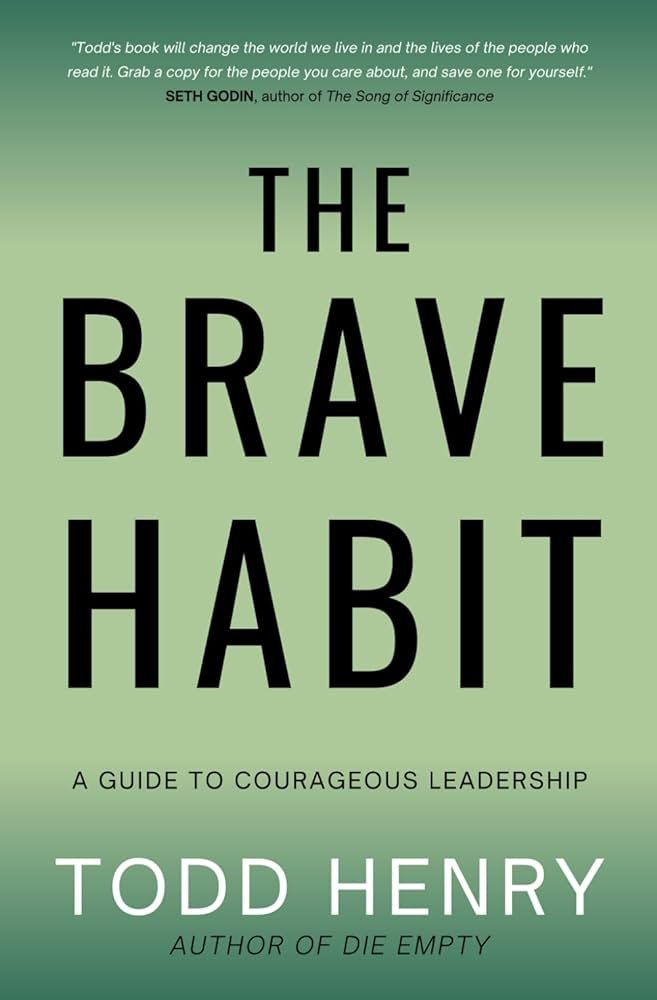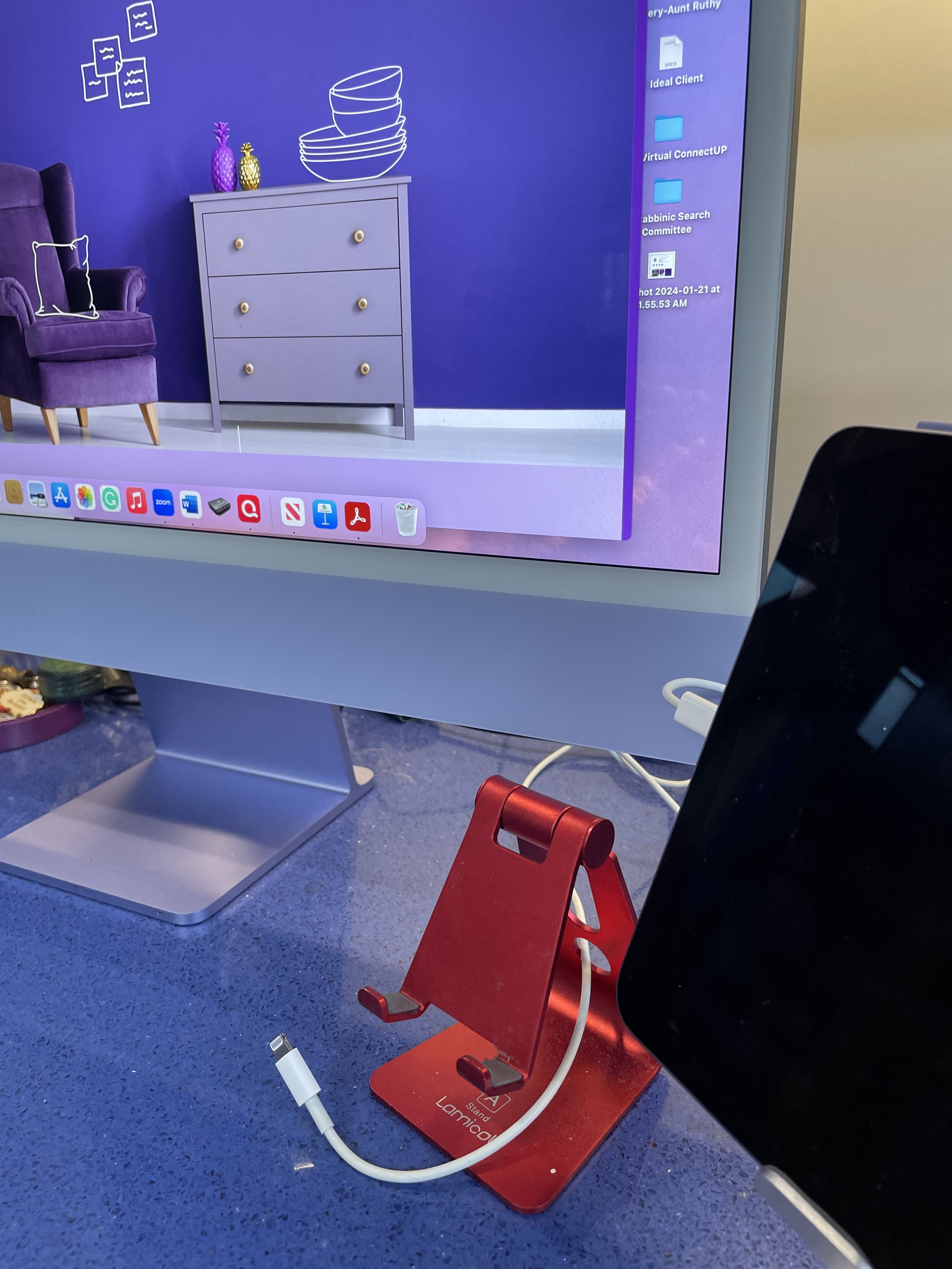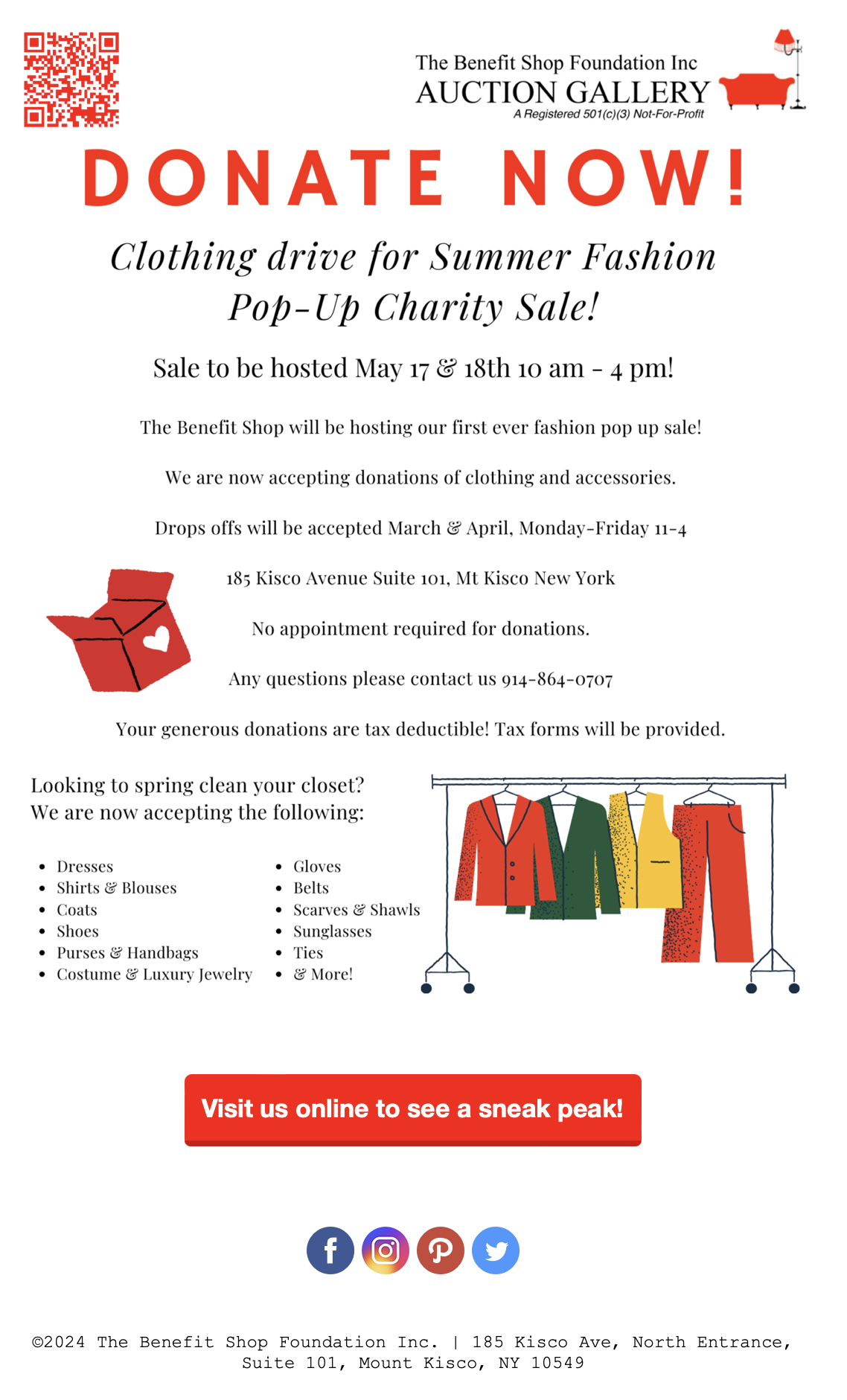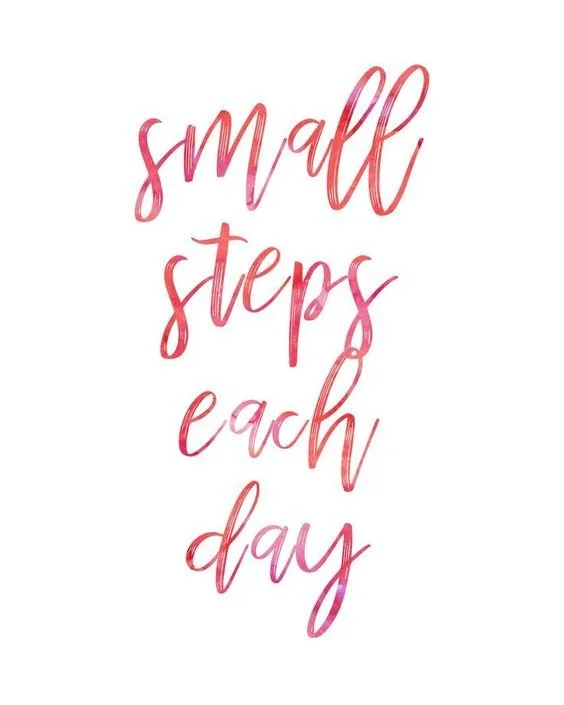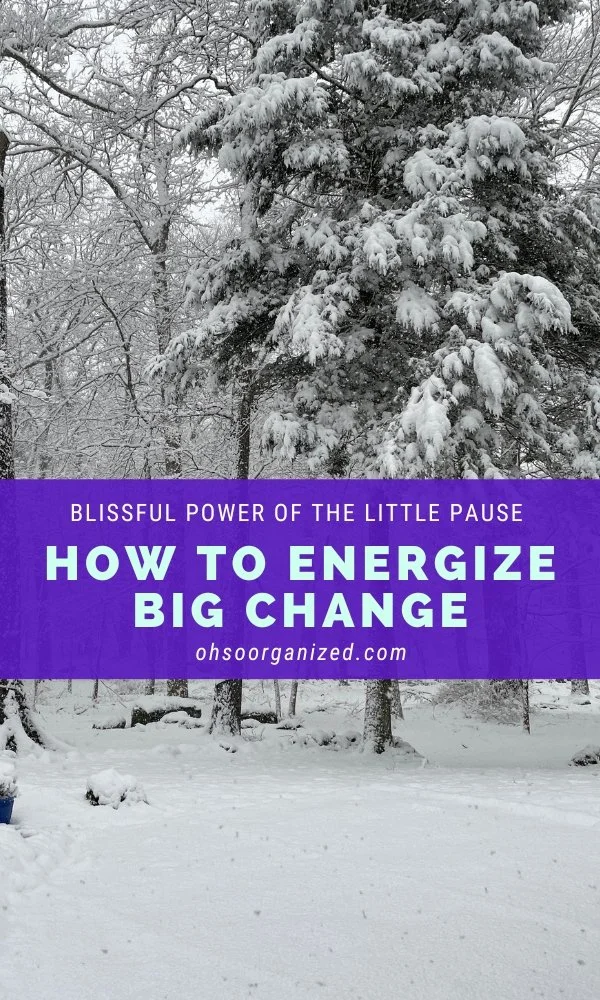Have you wondered how clutter affects your mental health and well-being? As a Professional Organizer for over 30 years who works with individuals challenged by disorganization, I have seen firsthand how clutter can negatively impact behaviors, self-esteem, and mental health. I’m about to share an insightful tool for assessing the impact of clutter on your life.
Recently, Melissa Tracey interviewed me for the Houselogic article, How Clutter Creates Stress and Anxiety: Strategies for Decluttering, and a podcast for The Housing Muse about the relationship between home clutter and its effect on mental health.
Many of my clients have mental health conditions, including anxiety, depression, and OCD. Clutter can worsen issues by increasing feelings of stress, anxiety, sadness, frustration, and overwhelm. While professional organizers can help with specific strategies to reduce clutter and increase organization, having the support of a mental health professional can be essential.
Mental Health Awareness Month
May is Mental Health Awareness Month. It began in 1949 to reduce the stigma around mental health conditions and provide awareness, support, and resources. The World Health Organization states:
1 in every 8 people, or 970 million people in the world, live with a mental disorder
Anxiety and depressive disorders are the most common
Mental disorders involve significant disturbances in thinking, emotional regulation, or behavior
Most people do not have access to adequate care
Contact the National Alliance on Mental Illness (NAMI) for information, helplines, and support.
Self-Assessment Clutter Tool
The Clutter Quality of Life Scale (CQLS) was developed by Dr. Catherine Roster, Associate Professor at Anderson School of Management at the University of New Mexico, with help from volunteers from the Institute for Challenging Disorganization (ICD). Catherine is a dynamo, and I had the privilege of working with her on the ICD Board.
The CQLS is a self-assessment tool “designed to measure inward, or subjective, consequences of clutter from the individual’s perspective.” Clutter is defined as “an overabundance of possessions.”
The CQLS scale contains 18 statements about clutter, which a person rates from “1 = strongly disagree and 7 = strongly agree.” These statements reflect the level of negative consequences clutter has on four areas: your relationships, personal finances, the livability or functionality of your home and space, and feelings of anxiety, guilt, and depression. Here are a few examples from the assessment:
Social impact: “I avoid having people come to my house because of the clutter.”
Livability impact: “I have to be careful when walking through my home in order to avoid tripping over objects.”
Financial impact: “I often buy things I already have because I don’t know where things are in my home.”
Emotional impact: “I feel depressed by the clutter in my home.”
Click on the link to take the CQLS assessment.
“I feel depressed by the clutter in my home.”
Personal Impact of Clutter on Mental Health and Well-Being
Clutter shows up in many ways and can negatively affect your mental health and well-being. Here are a few examples of what you might experience:
Your sink is always full of dishes, which makes it difficult to cook and eat nutritiously. It also affects your energy and health.
Your bed is cluttered with clothing waiting to be cleaned or put away. You’re been unable to sleep there for weeks. As a result, your anxiety increases as your lack of sleep, energy levels, decision-making abilities, and mood suffer.
Your papers are in piles on your kitchen counter. You can’t find the bill you know is due tomorrow. Your anxiety increases as you search for the bill. Hours later, you discover it buried in a pile in another room.
Have you noticed ways clutter affects mental health and well-being? I’d love to hear your thoughts. I invite you to join the conversation.
If you are struggling with clutter and mental health issues, don’t go it alone. Get the support you need from a Professional Organizer like me and a mental health provider.
Reach out and email me, Linda, at linda@ohsorganized.com, call 914-271-5673, or schedule a Discovery Call. Decluttering is possible, especially with support.








